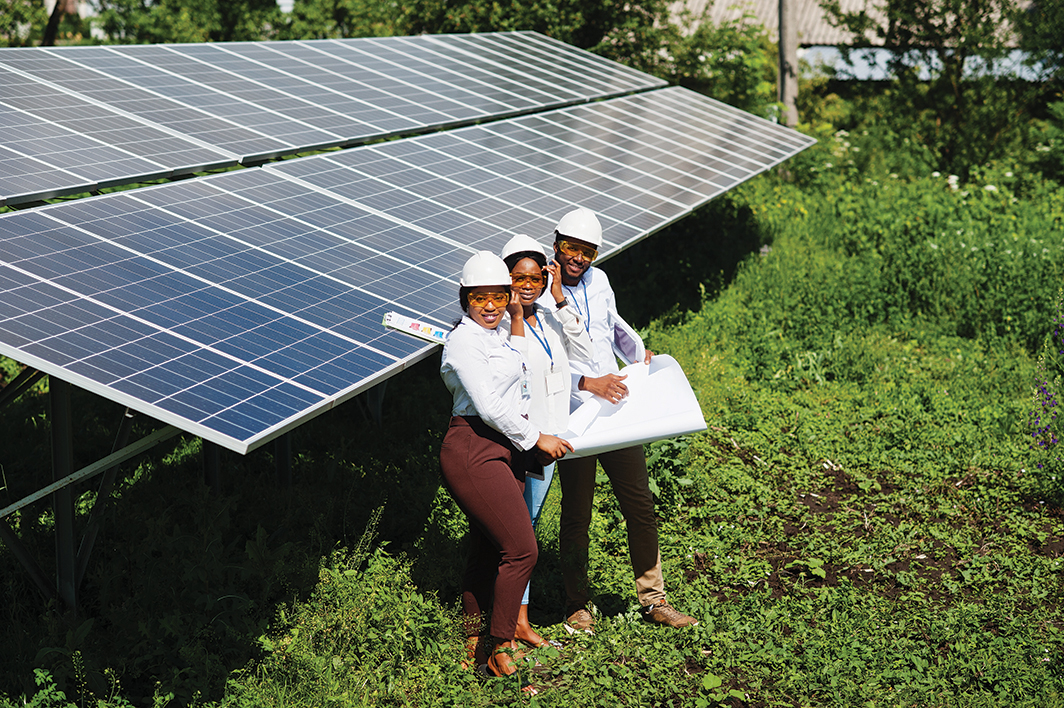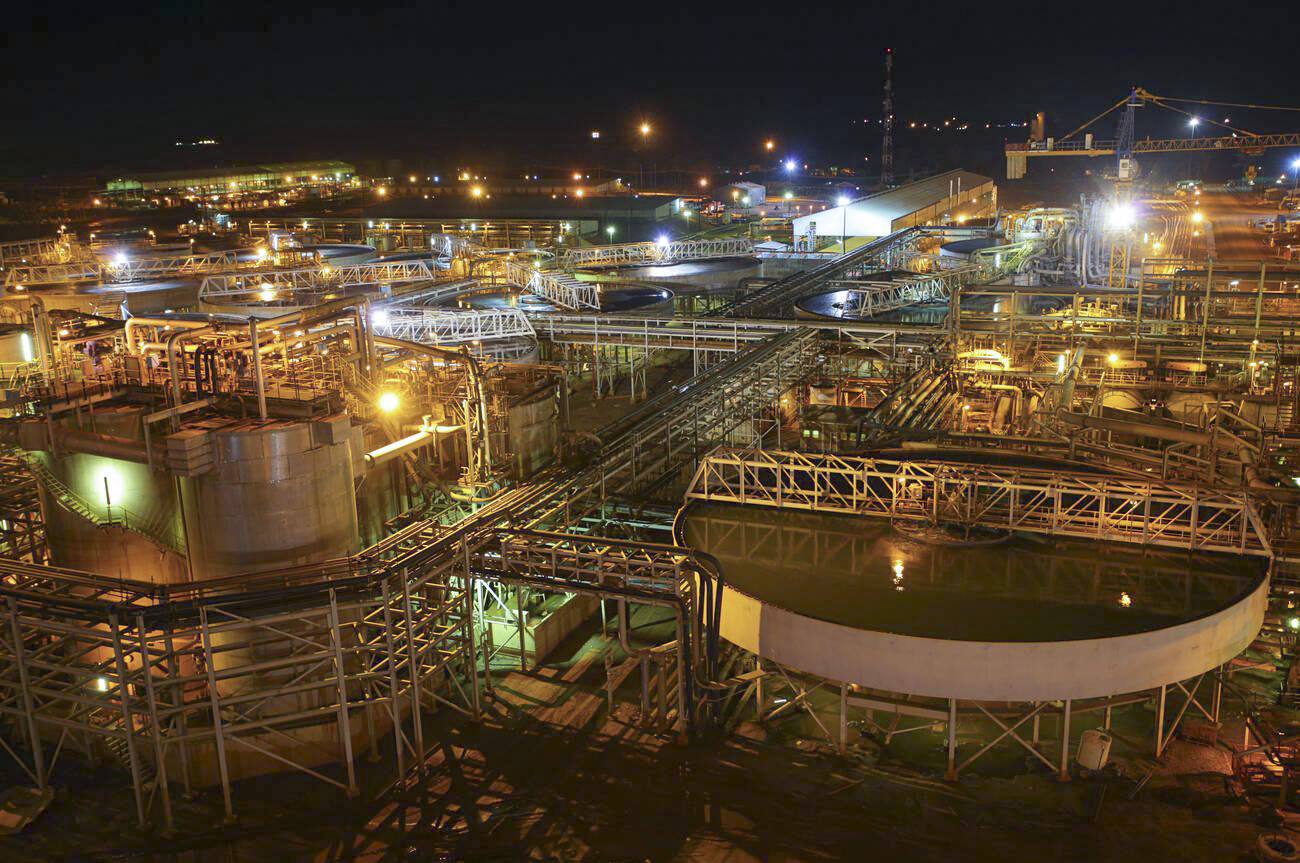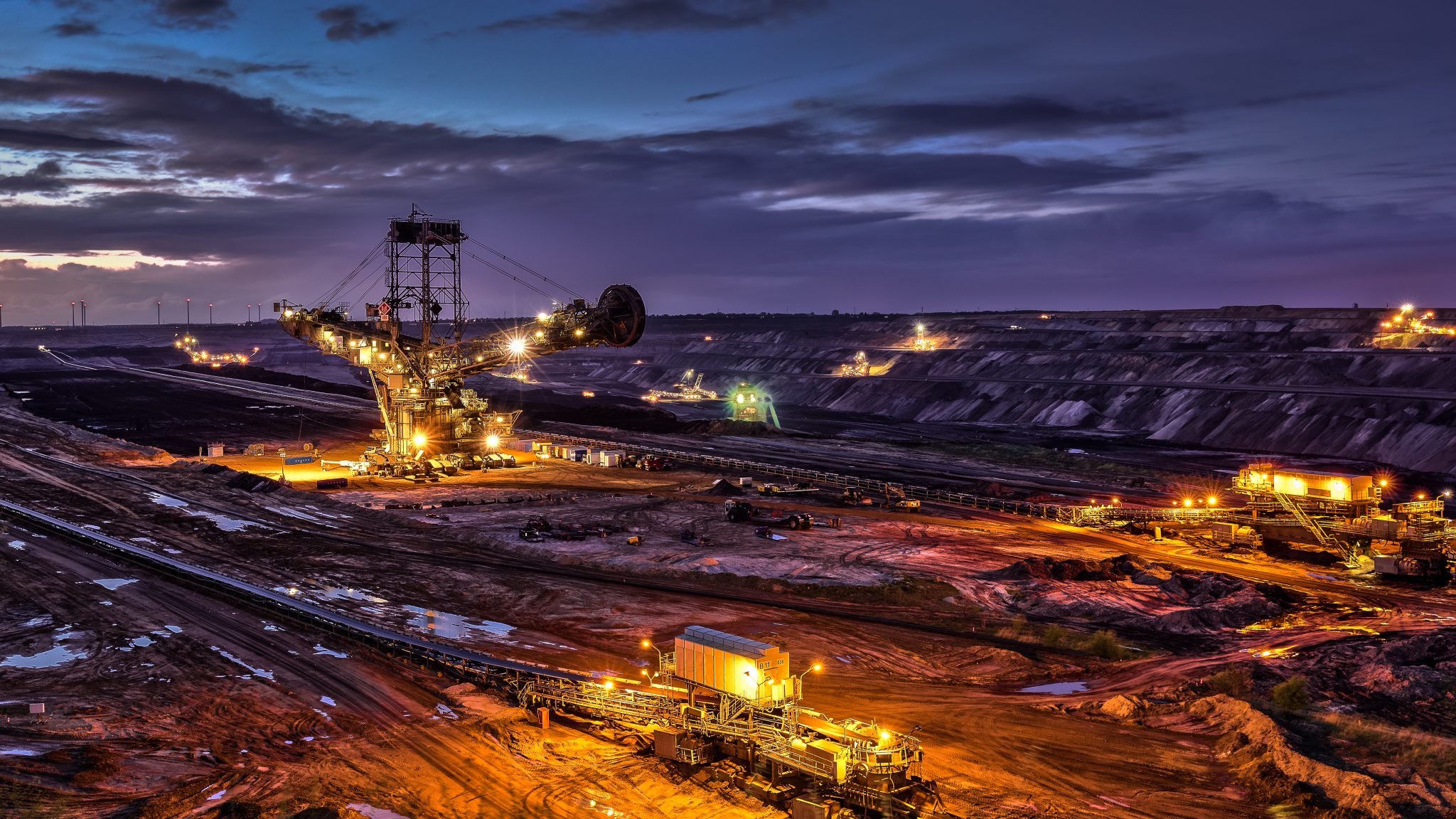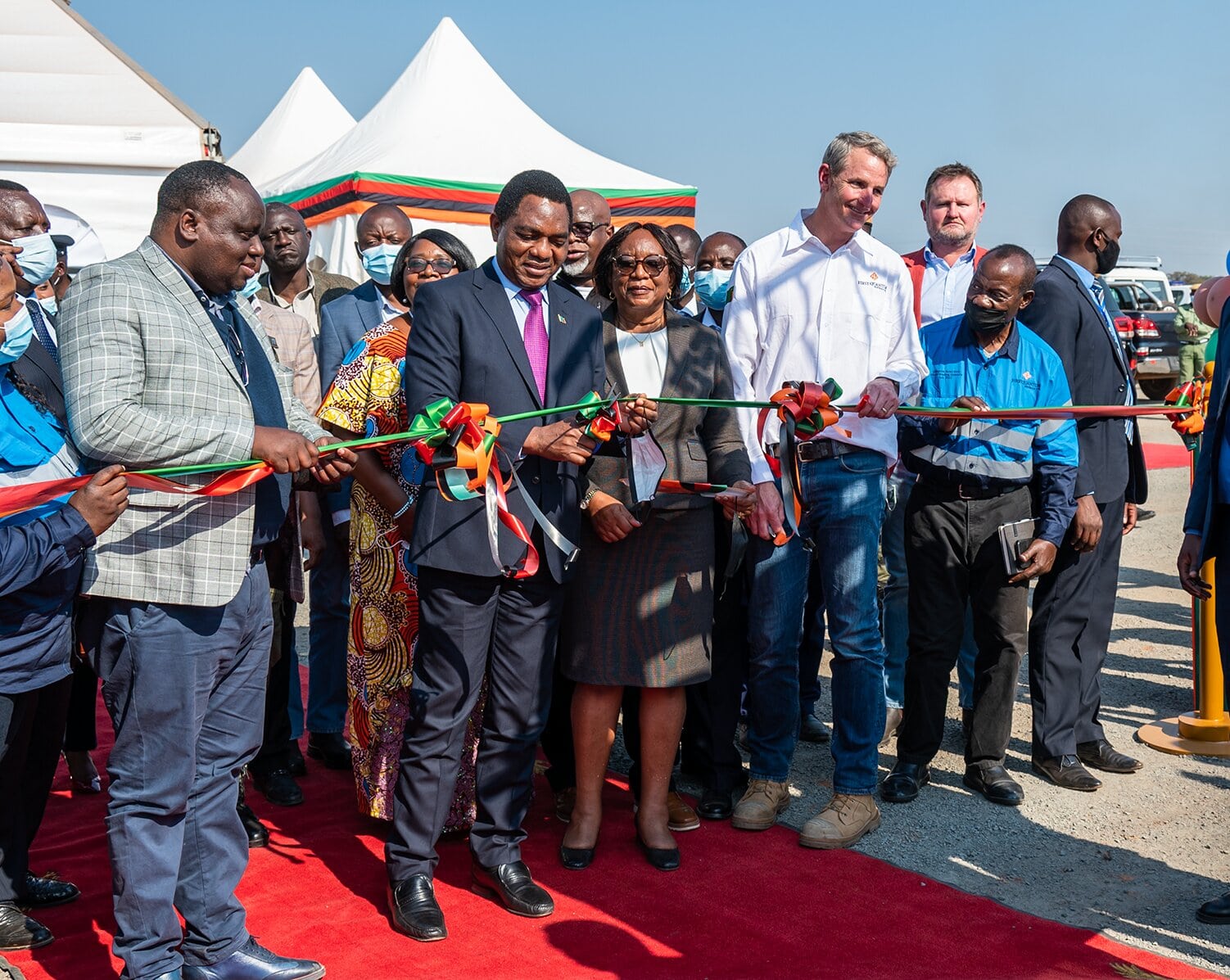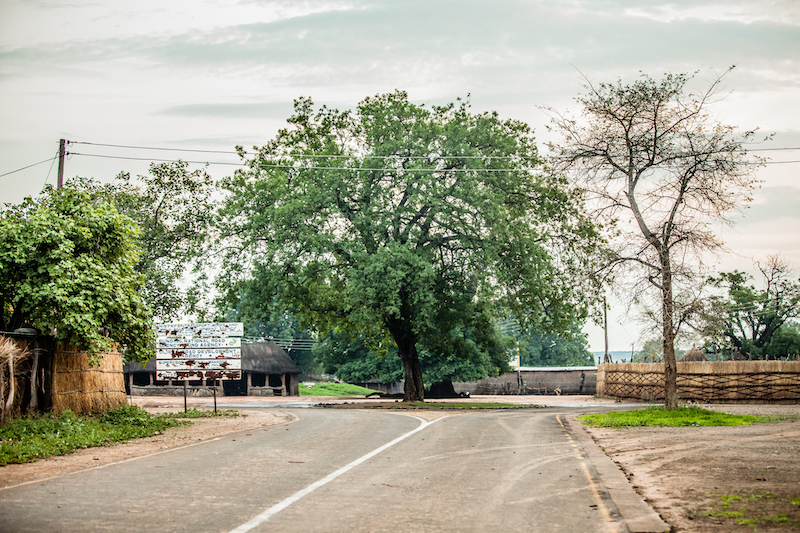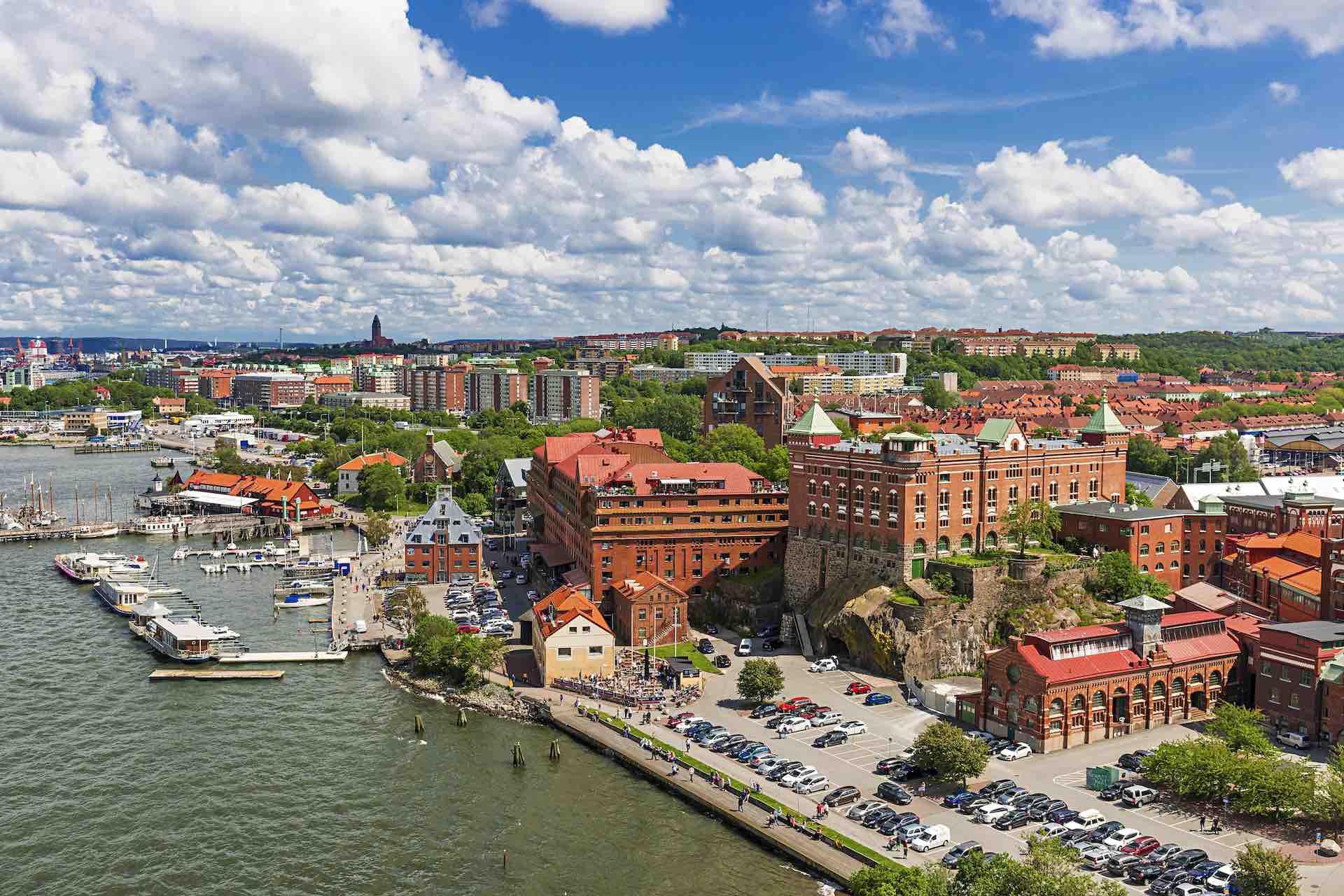Zambia’s reliance on hydropower from the Zambezi River may seem like a natural and sustainable energy source. However, the reality is that the effects of climate change have heavily impacted the country’s ability to benefit from this renewable energy source. In recent years, prolonged droughts have caused electricity shortages that amounted to almost a third of Zambia’s total installed hydroelectric capacity, currently at 2,380 megawatts. The Kariba Dam, a crucial source of hydropower for both Zambia and Zimbabwe, has been particularly hard hit, with water levels falling to just 10% of its usable storage in 2019, the lowest level recorded since 1996.
As of late last year, the situation at Kariba Dam remained dire, with the level of usable water plummeting to just 2.68% of capacity, according to the Zambezi River Authority (ZRA). The ZRA is responsible for allocating water usage for Zimbabwe’s Kariba South and Zambia’s Kariba North power stations. This situation has had significant implications for both countries’ energy security and underscores the need for the development of alternative, reliable sources of energy.
The challenges faced by Zambia’s energy sector are multifaceted. While droughts have been a significant factor in reducing water levels and, therefore, power production, chronic under-investment in hydro projects have exacerbated the situation further. Even in instances where there is sufficient rainfall, the country’s power supply needs to catch up with the high demand from industries such as mining, manufacturing, and agriculture. This situation has resulted in rolling blackouts and higher electricity tariffs annually, leading to frustration and dissatisfaction from local SMEs.
Lucky Mumba, the owner of a butchery at Lusaka’s town centre market, lamented the impact of load shedding on his business. “My business is down due to load shedding,” he said, expressing the sentiments of many other small business owners in the country. “It’s high time the government should invest in (other) renewable energies instead of always depending on the Kariba dam for power generation, year in and year out.”
Despite drawing 83% of its power from hydro projects, the country’s over-dependence on this energy source has proven to be a significant challenge, given the unpredictability of the weather. Recognizing the need to reduce its reliance on hydropower in light of the ongoing droughts and prolonged blackouts, Zambia is actively pursuing the development of other renewable energy sources, such as solar and wind energy. While the country has traditionally relied on its vast water reserves for hydropower generation, it also has abundant renewable and non-renewable energy resources, such as coal, wind, and solar.
By strategically developing and utilising these local energy sources, Zambia can scale up energy exports, thereby enhancing industry competitiveness. To this end, the government has recently signed a Memorandum of Understanding (MoU) and a Joint Development Agreement (JDA) with the United Arab Emirates. These agreements aim to facilitate massive investment in renewable energy in the country, which will go a long way in diversifying the energy mix and improving energy security in the long run. By embracing alternative energy sources, Zambia can become a trailblazer in renewable energy development, thus positioning itself as a key player in the global energy sector.
President Hakainde Hichilema recently confirmed that Zambia would partner with MASDAR, an essential investment funding entity of the United Arab Emirates (UAE), to develop and deploy large-scale solar projects across the country, estimated at US$2 billion. Speaking after his recent trip to the UAE to attend the Abu Dhabi Sustainability Week (ADSW), President Hichilema stressed the importance of this partnership, stating that it will be instrumental in unlocking new investment opportunities in renewable and alternative sources of energy for Zambia.
The recent load shedding that wreaked havoc across the country highlights the urgent need for alternative energy sources. This partnership with MASDAR is a significant step towards diversifying Zambia’s energy mix. President Hichilema emphasized, “The historical significance of this project is that, in the last 58 years of our independence, the country only developed 3,500 megawatts of electricity. This investment shall bring in the much-needed 2,000 megawatts within a shorter period of time.” With the projected increase in electricity supply, Zambia will be better positioned to accelerate economic development and create increased employment opportunities for its citizens. This, in turn, will attract more players to participate in the planned diversified energy mix, which shall include solar, wind, and hydropower.
Overall, the partnership with MASDAR is a significant milestone for Zambia’s energy sector, and it demonstrates the government’s commitment to promoting sustainable energy development. With more investment in renewable energy, Zambia can reduce its reliance on hydropower and other conventional energy sources, increase energy security, and position itself as a critical player in the global renewable energy market.
Zambia’s large hydro power potential of 6,000MW offers significant opportunities for the country’s energy sector. However, insufficient investment in infrastructure development has resulted in the harnessing of less than 2,000MW of this potential. As a result, meeting the country’s development objectives is primarily affected by the availability of reliable energy, which is critical for the growth of the mining, manufacturing, and agriculture sectors.
Despite the challenges faced by the energy sector, there are opportunities for foreign direct investment to support increased power generation and exports. Zambia’s low power tariffs could be a significant attraction for FDI, increasing generation capacity and exports to sub-regional markets.
ZESCO Corporate Affairs Manager, Dr John Kunda, affirmed that they are currently working on several interconnectors to aid power transmission in the region. The interconnectors are expected to transport power to Zimbabwe, Botswana, South Africa, Angola, Tanzania, and Namibia. This move aims to make the power utility a significant contributor to forex earnings for the country, which is crucial for stabilizing the Kwacha. Dr Kunda further stated that ZESCO’s five-year projection is to become a trade hub for electricity in Southern Africa.
Moreover, the Zambian government has been actively seeking to attract more investment in the energy sector. In 2021, the government launched the Zambia Renewable Energy Financing Framework, which aims to mobilize private sector investment in the renewable energy sector through innovative financing mechanisms such as green bonds, project finance and risk guarantees. The framework is expected to unlock over $1.5 billion in investment in the sector over the next five years.
Additionally, seven British companies have committed to investing $2 billion in developing renewable energy projects in Zambia, intending to produce 2,000MW of electricity that can be added to the national grid within the next two to five years. The British High Commissioner to Zambia, Nicholas Woolley, revealed that the companies – Hive Green, Western Power, Buffalo Energy, Africa GreenCo, First Quantum Minerals Solar Energy, Vitalite Solar, and SolarAid – are currently carrying out feasibility studies and seeking regulatory approvals before starting their projects.
The efforts being made by the Zambian government to address the energy deficit through increased investment in renewable energy sources is a step in the right direction. This move provides a solution to the current energy crisis and presents an opportunity to create jobs, stimulate economic growth, and reduce the country’s carbon footprint. With continued investment and innovation, Zambia has the potential to become a significant exporter of renewable energy in the region and a leader in sustainable development
